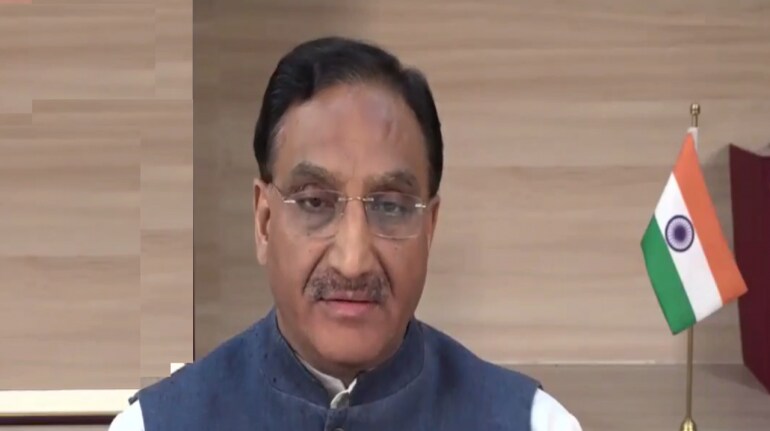
Students holed-up even in the remotest part of the country will get access to education content using Swayam Prabha channels and radio, said union human resource development minister Ramesh Pokhriyal Nishank.
Interacting with higher education institutions over Twitter, Nishank said the Coronavirus-led lockdown will not affect the academic continuity of students and that they will not miss out on their curriculum.
“Online learning has been developed across institutes. However, there are still a lot of students who don’t have access to the internet or don’t have computers, smartphones and tablets. But they need not worry as we are making available content through our Direct-to-Home (DTH) channels and may also use radio services to impart education,” he added.
Finance minister Nirmala Sitharaman had on May 17 said that the Swayam Prabha platform would have 12 more channels for offering educational content across India.
Nishank added that students will be able to access these channels on a 24/7 basis so that they can learn relevant content as per their convenience.
The human resource development ministry will ensure that students across
The HRD minister said that online learning would be more prolific across India even after the COVID-19 led lockdown is lifted.
The Swayam Prabha is a group of DTH channel dedicated to telecasting educational programmes on a 24×7 basis using the GSAT-15 satellite.
Under this initiative, every day there is new content for at least four hours which would be repeated five more times in a day, allowing the students to choose the time of their convenience.
As far as online learning is concerned, the HRD minister said that 100 universities have been empowered to offer online degrees. He said that the modalities of these programmes, including the scoring system and examinations would be decided in due course.
“There is some apprehension about how these online degrees will work, how will students be marked and how will exams be conducted. We are working with the relevant stakeholders on this matter and will bring out relevant guidelines for this process,” he added.
The government, he said, is also promoting ‘Study in India’ programmes and explained that the emphasis placed on e-learning and high-quality research will attract more international students to the country.
Under the Scheme for Promotion of Academic and Research Collaboration (SPARC), Nishank said that research collaborations are active with 127 global institutes.
SPARC scheme aims at improving the research ecosystem in India by facilitating academic/research collaborations between Indian institutes and global counterparts from 28 select nations on topics of national and international relevance.
source: moneycontrol
